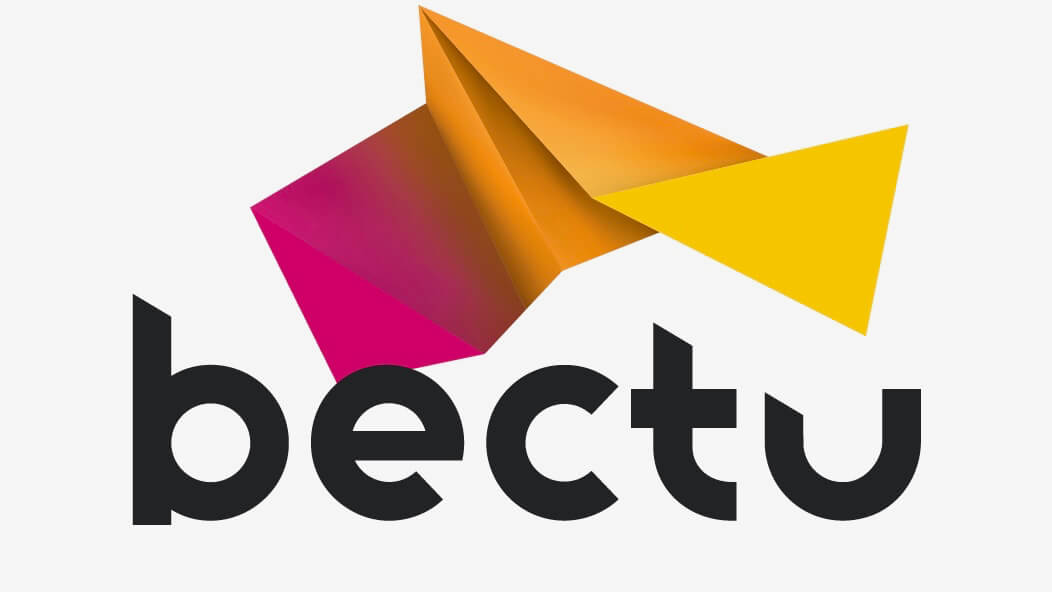A new poll from film and TV union Bectu reveals that nearly half of UK freelancers working in unscripted TV are not currently employed, with many struggling financially as a result.
Nearly 2000 freelancers took part in the survey on the slowdown in work, how this compares to usual employment patterns, and how this is impacting areas of their lives such as housing, mental health and wellbeing and appetite to stay in the industry.
45 per cent of those surveyed are not currently working, and 85 per cent said the last six months had been quieter than normal in terms of available work. 75 per cent reported struggling with their finances as a result.
Almost all respondents reported that the lack of work or pressure on their finances was negatively impacting their mental health.
Only half of surveyed freelancers see themselves still working in TV in five years’ time.
65 per cent said the current lull in work is unusual or highly unusual, and 20 per cent have never experienced gaps in employment like this before
46 per cent are finding their financial situation ‘more difficult than usual’, and nearly 30 per cent are finding it ‘extremely difficult’
More than 1 in 10 have either had to move back in with family, or are considering doing so
Nearly 1 in 6 are unable to pay their household bills and 15 per cent have had to take out unsecured loans/finance to get by.
Head of Bectu Philippa Childs said: “The UK’s freelance workforce suffered incredible hardships during the pandemic, with many falling through the gaps of government support schemes. It is clear many of them continue to face precarious employment and the significant challenges that come with this. We are speaking with industry stakeholders who tell us that our findings are consistent with what they’re hearing.
“The number of people questioning their future in unscripted TV is particularly concerning. The film and TV industry must make sure that there is good and consistent work throughout the year to ensure the stability of the sector and the financial and mental wellbeing of those who work in it.
“We are engaging with the BBC and other broadcasters, as well as production companies and other stakeholders, and we call on the industry to come together as a matter of urgency to develop a strategy to address both the current crisis, and drive long-term change.”
Freelance series producer and co-chair of Bectu’s unscripted TV branch, James Taylor, said: “As we suspected, it’s really tough out there for freelancers working in unscripted TV. Three quarters of respondents told us the commissioning slowdown has negatively impacted their mental health or finances.
“The broadcasters need to be honest with us freelancers. Are we reaching a point where TV production is no longer a full-time, year-round job? We need to acknowledge that continuing crises like this cost the industry more in the long run, as we lose more people with valuable experience that make the UK a global leader in TV production.”
Freelance production executive and co-chair of Bectu’s unscripted TV branch, Viki Carter, said: “The current dearth of productions in unscripted TV is particularly concerning for those of us in production management. There has been a well-publicised shortage of production freelancers for years now. Large gaps in employment like those that people are currently experiencing will likely lead to a further exodus of production freelancers. as our skillset is easily transferable to other industries with more secure employment prospects.
“The model of feast or famine for freelancers is simply not sustainable – the industry must consider longer term strategies around commissioning. It’s baffling that in under six months the industry has gone from struggling to effectively and fully staff productions to large numbers of freelancers being without work for months on end. Such periods of unemployment also do nothing to increase the industry’s diversity and inclusivity.”
Bectu’s survey of freelancers working in unscripted TV received 1908 responses in one week.
Jon Creamer
Share this story


















